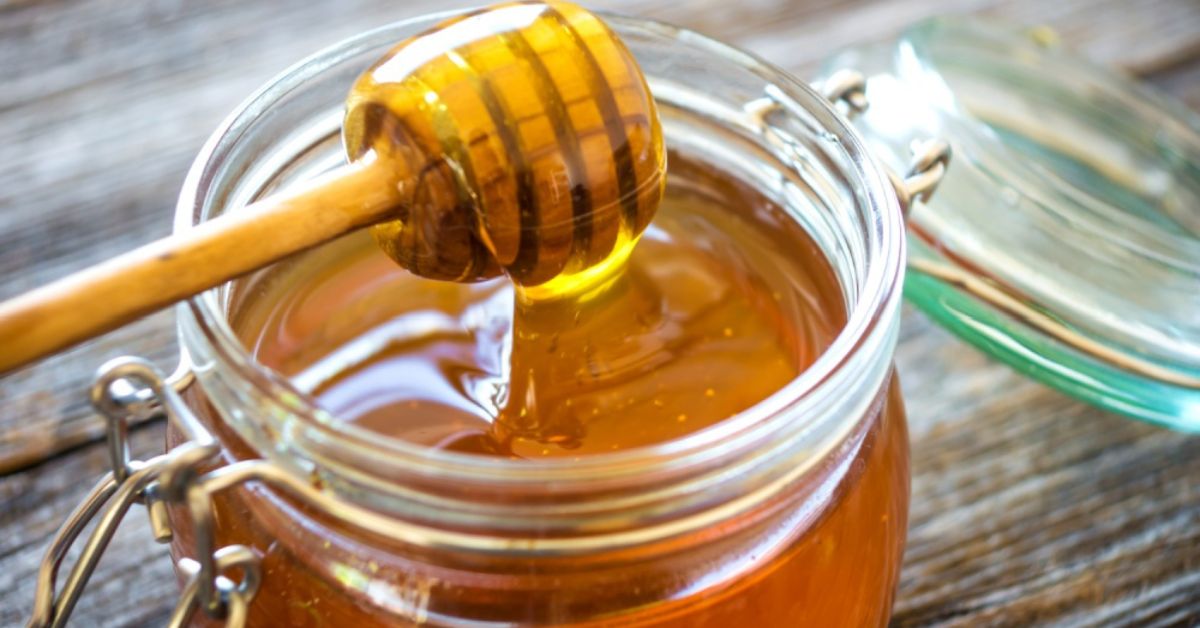India has emerged as the world’s second-largest exporter of natural honey, exporting about 1.07 lakh metric tonnes worth $177.55 million in 2023–24, according to an official statement released on November 2. This marks a dramatic leap from the ninth position in 2020 and underscores the success of the government’s Sweet Revolution initiative to expand the beekeeping sector and strengthen rural livelihoods.
The surge in honey exports reflects the rapid transformation of apiculture into a vital component of India’s agri-economy. Beekeeping has not only boosted farmers’ incomes but also helped meet rising global demand for high-quality, traceable honey products.
At the heart of this success is the National Beekeeping and Honey Mission (NBHM), a Central Sector Scheme launched under the Atmanirbhar Bharat Abhiyan to promote scientific beekeeping and value-added honey production. Implemented by the National Bee Board (NBB), the mission was initially allocated ₹500 crore for 2020–21 to 2022–23 and has since been extended till 2025–26, with an additional ₹370 crore from the original outlay.
A key innovation under NBHM is the Madhukranti Portal, an online platform designed to ensure complete traceability of honey and bee-based products—from hive to export. The portal facilitates registration, certification, and quality monitoring, enabling producers to meet global standards and access premium markets in the US, Europe, and the Middle East. Officials note that this digital transparency has significantly enhanced India’s reputation as a trusted source of natural honey.
Beekeeping has also evolved into a sustainable livelihood option for rural and semi-rural communities, particularly for small farmers and landless workers. Integrated into the broader Integrated Farming System, apiculture enhances crop pollination, increases agricultural yields, and provides supplementary income streams.
The government’s Sweet Revolution aims to double farmers’ incomes by integrating honey production with mainstream agriculture and promoting allied bee-based products such as beeswax, royal jelly, propolis, bee venom, and pollen—all of which are gaining commercial traction in both domestic and global markets.
The NBHM operates through three focused Mini Missions:
- Mini Mission I: Promotes scientific beekeeping and improves crop productivity through enhanced pollination.
- Mini Mission II: Strengthens post-harvest management, processing, marketing, and infrastructure for honey production.
- Mini Mission III: Drives region-specific research, technology development, and innovation in apiculture.
Experts highlight that India’s diverse agro-climatic zones—from the Himalayas to the coastal plains—offer ideal conditions for producing a wide range of honey varieties. With rising international demand for natural and organic honey, India’s ascent as the world’s second-largest honey exporter marks a milestone in its agricultural transformation and opens new opportunities for rural prosperity and global trade leadership.









